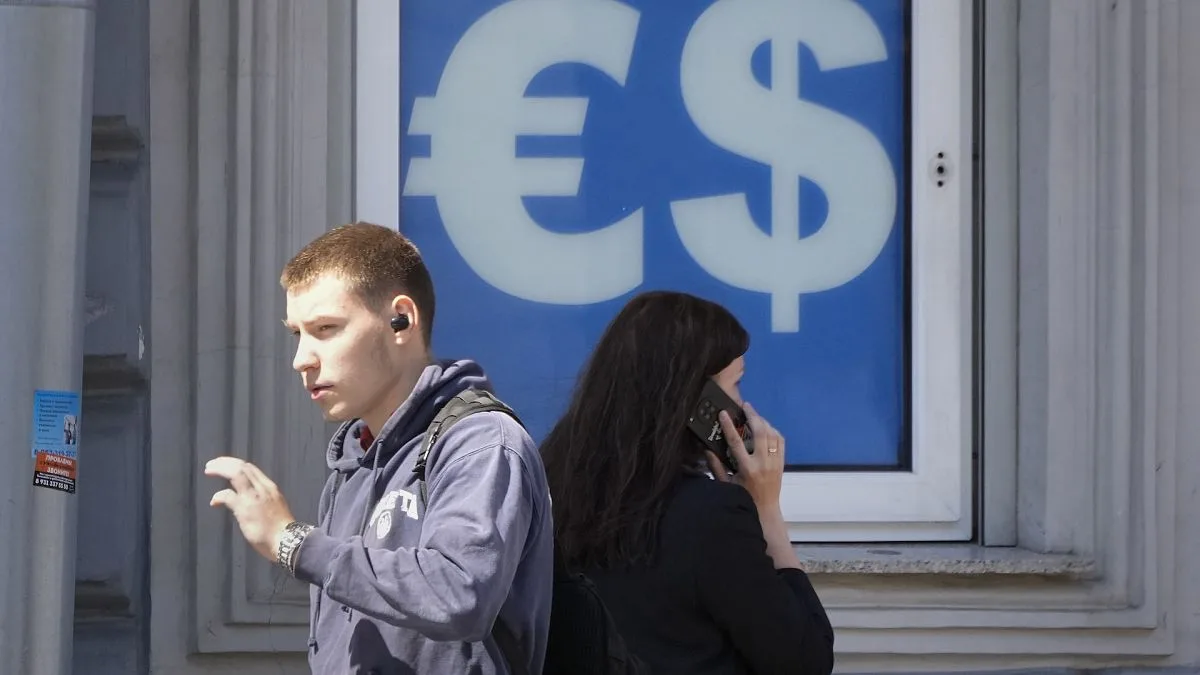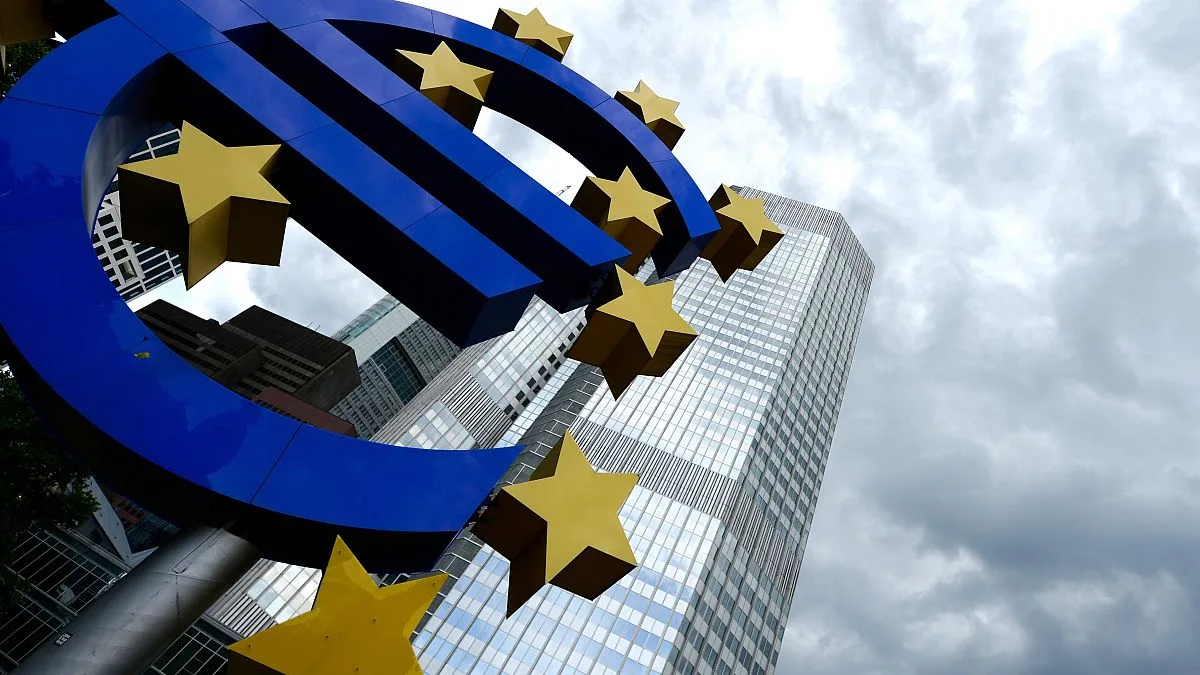The increasing popularity of populist parties in Germany, such as the Alternative for Germany (AfD) and the Alliance Sahra Wagenknecht (BSW), poses significant risks to the nation’s economic landscape. This shift could accelerate the trend of businesses relocating their operations abroad, further compounding existing economic challenges.
With a crucial general election looming just a year away, Germany’s political stability is under scrutiny, thanks to the rising influence of these parties. A recent poll from Politico documented the AfD’s historic achievement in two eastern states, where it secured over 30% of the vote.
In Thuringia, the AfD claimed first place, while it came in a close second in Saxony. Meanwhile, the newly emerged BSW has positioned itself third in both regions. In stark contrast, Chancellor Olaf Scholz’s ruling coalition, comprised of the Social Democratic Party (SPD), the Greens, and the Free Democratic Party, fell short, garnering less than 15% of the total votes.
The Impact of Political Uncertainty on Business Confidence
The rise of far-right and far-left political movements underscores widespread public dissatisfaction linked to soaring living costs and heightened immigration trends following the conflict in Ukraine.
Despite their opposing ideologies, the AfD and BSW align on critical issues, notably their anti-immigration stance and pro-Russia sentiments. Both parties have called for Germany to halt its support for Ukraine and resume gas imports from Russia, while the AfD expresses skepticism toward the euro and climate change, advocating for a return to Germany’s previous currency and an end to the current green energy transition.
However, it’s worth noting that neither party is likely to command a governing majority independently, with the BSW potentially playing a pivotal role in balancing power among the political factions. This scenario echoes recent snap elections in France, where Marine Le Pen’s National Rally could not secure a definitive win against other parties.
Currently, Germany’s stock markets are maintaining near all-time highs, even as shares in major manufacturers like Volkswagen face declines following recent controversies. Yet, the overall economic forecast remains gloomy, and the escalating political uncertainty raises serious concerns regarding the nation’s stability and policy direction.
The Ifo Business Climate Indicator showcased a continued decline for the fourth straight month as of August, reaching its lowest level since February. Ifo President Clemens Fuest remarked, “The German economy is increasingly entering a crisis.”
Attention will soon shift to upcoming regional elections, especially in the eastern state of Brandenburg scheduled for September 22. Economic indicators released this month will be pivotal in gauging the political ramifications on business and investment confidence.
Decline of Foreign Investment in Germany
A report from the IW Institute indicates that foreign direct investment (FDI) in Germany hit its lowest mark in a decade in 2023. Additional findings from UNCTAD show that FDI inflows into Germany plummeted by 76.2% in 2022 compared to the previous year.
This substantial decline highlights unsettling trends around de-industrialization, high labor costs, and an increasingly unpredictable business environment, motivating companies to shift operations overseas.
Data from S&P Global further reveals that Germany’s Manufacturing Purchasing Manager Index (PMI) has contracted for 25 consecutive months, driven by significant drops in new orders, purchasing activity, and employment.
Amid ongoing turmoil at Volkswagen AG, a cornerstone of Germany’s automotive industry, coupled with political instability, the appeal of the country as a prospect for foreign investment is further jeopardized. A worrying trend of capital outflows paired with diminishing inflows threatens to complicate Germany’s economic landscape.
Moreover, as highlighted in the IW study, approximately €90 billion in foreign investments by German companies has been redirected to other EU nations, particularly France.
In light of these pressing challenges, it becomes increasingly imperative for the German government to bolster business and investor confidence to mitigate the impact of these economic uncertainties.
Photo credit & article inspired by: Euronews



